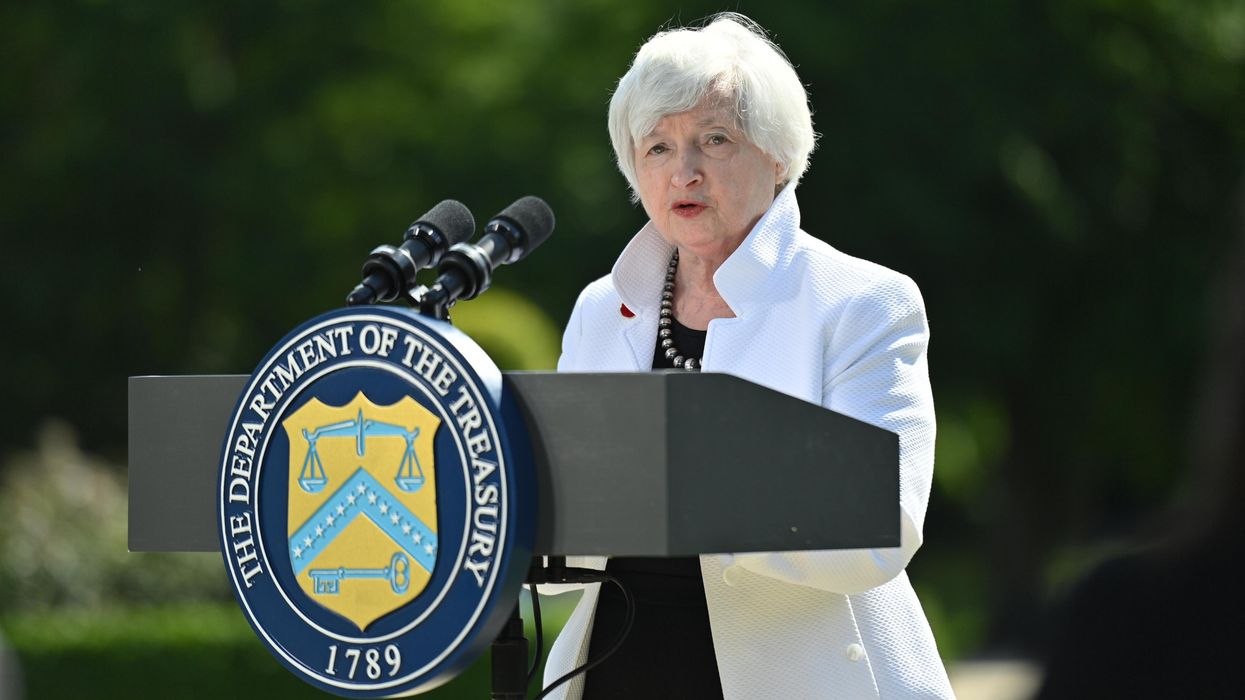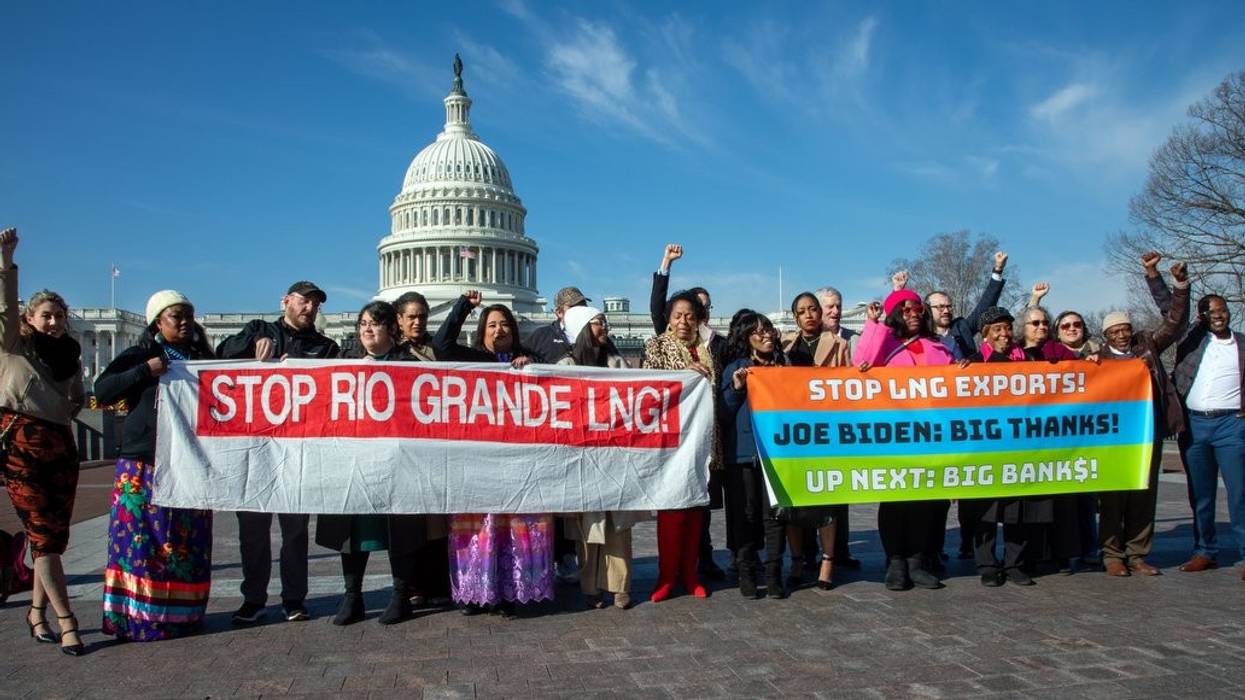500+ Experts Worldwide Call for Global Panel to Address ‘Inequality Emergency’
"Clear and proven steps can be taken to reduce it and build more equal societies and economies," wrote economists and other experts, "which are the fundamental foundation stone of a successful future for us all."
Emphasizing that economic inequality is "a policy choice," more than 500 economists and other experts on the global wealth gap are endorsing a call made earlier this month in the first-ever G20 report on inequality: The "inequality emergency" must be confronted by new international body inspired by the United Nations' panel on climate change.
The creation of an International Panel on Inequality (IPI) was a central recommendation of the landmark report set to be presented next week at the G20 Leaders Summit in Johannesburg, and renowned economists including 2024 Nobel economics laureate Daron Acemoglum, Thomas Piketty, Isabella Weber, Ha-Joon Chang, and Jason Hickel were among those who signed a letter Thursday urging the creation of the committee.
The inclusion of economists, climate scientists, epidemiologists, historians, and experts from a range of other disciplines "reflects a key fact," said the signatories. "High levels of economic inequality have a negative impact on every aspect of human life and progress, including our economies, our democracies, and the very survival of the planet."
"Just as the Intergovernmental Panel on Climate Change (IPCC) has played a vital role in providing neutral, science-based, and objective assessments of climate change, a new International Panel on Inequality would do the same for the inequality emergency," reads the letter, which was also signed by global economic leaders including former US Treasury Secretary and Federal Reserve Chair Janet Yellen and former World Bank top economists and leaders.
Since its inception nearly four decades ago, the IPCC has provided governments with the most up-to-date scientific information about planetary heating and its impacts. Its assessments have informed the creation of the United Nations Framework Convention on Climate Change; the 1997 Kyoto Protocol, which subjected wealthy countries to emissions targets for the first time; and the 2015 Paris Agreement, which has required countries to develop and implement plans to draw down planet-heating emissions.
An IPI, said the experts on Thursday, "would provide policymakers the best, most objective assessments on the scale of inequality, its causes and consequences, and consider potential solutions."
"We believe this is in the interests of policymakers from across the political spectrum, who see the importance of this issue and the need to base responses to it on data and evidence and sound analysis," reads the letter. "We know that scholars and experts across the world would readily contribute their time voluntarily—as thousands do for the IPCC—in support of such a necessary and vital international initiative. We are ready to assist in this process."
The letter followed the release of the G20 Extraordinary Committee of Independent Experts on Inequality's landmark report, which was presented to South African President Cyril Ramaphosa earlier this month ahead of the G20 Leaders Summit.
The Extraordinary Committee, which is led by Nobel Prize-winning economist Joseph Stiglitz and also includes inequality experts such as Winnie Byanyima of Uganda and Jayati Ghosh of India, warned that in the last quarter-century, the wealthiest 1% of people around the globe have captured more than 40% of all new wealth—$1.3 million on average—while the bottom 50% has seen its wealth grow by just 1%, or about $585, in constant US dollars.
One in four people around the globe—roughly 2.3 billion people—face moderate or severe food insecurity, meaning they regularly skip meals. The report found that the problem is getting significantly worse, with the number of food-insecure people rising by 335 million since 2019.
The report found that 80% of all countries—accounting for roughly 90% of the global population—have high levels of income inequality, making them seven times more likely than more equal countries to experience democratic decline.
“We are at a dangerous moment in human history," said Piketty, co-director of the World Inequality Lab and World Inequality Database. "Rampant inequality is dividing nations and communities, threatening our social fabric, human rights, and the very essence of democracy. A global effort to tackle inequality is needed—and rigorous analysis of its causes, drivers, and solutions is the first step."
"Governments need to live up to the G20 Summit’s promise of ‘solidarity, equality, sustainability’ and urgently establish an International Panel on Inequality," he added.
Countries with low levels of inequality included Norway, Sweden, Denmark, and Finland—places that also consistently rank high on global reports on happiness and that were found to have low levels of "health, social, and environmental problems," according to the report.
The countries with low levels of inequality have "generous universal transfers and social insurance, supplemented by targeted assistance," the report says.
“High inequality is the result of decades of a failed economics that has primarily benefited the richest in our societies," said Chang, research professor at the School of Oriental and African Studies at University of London. "Not only is there a lot of evidence showing that higher inequality produces more negative economic and social outcomes, there are quite a few examples of more egalitarian societies growing much faster than comparable but more unequal societies.”
The signatories of the letter emphasized that inequality "is not inevitable."
"Clear and proven steps can be taken to reduce it and build more equal societies and economies," they wrote, "which are the fundamental foundation stone of a successful future for us all."


